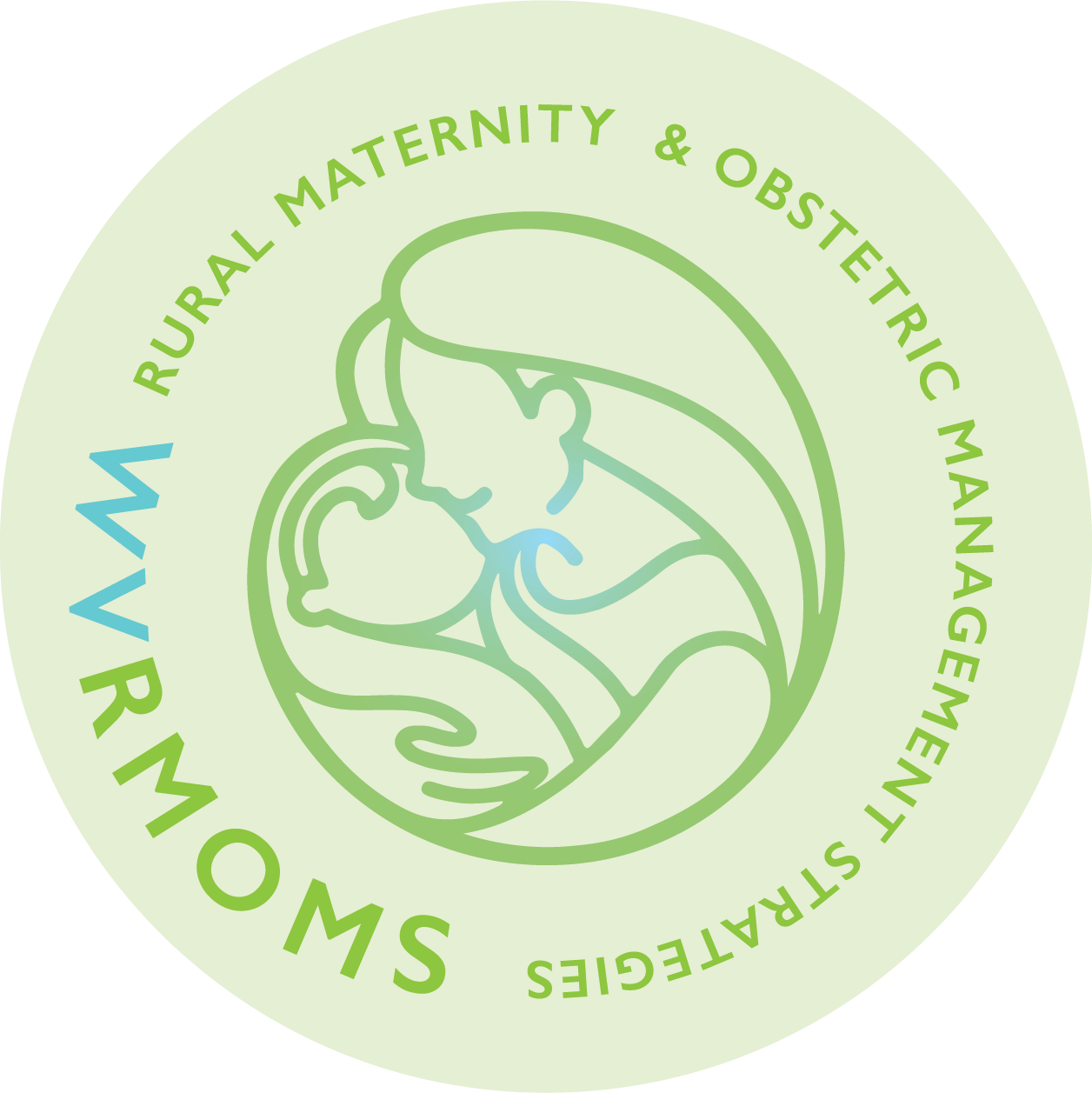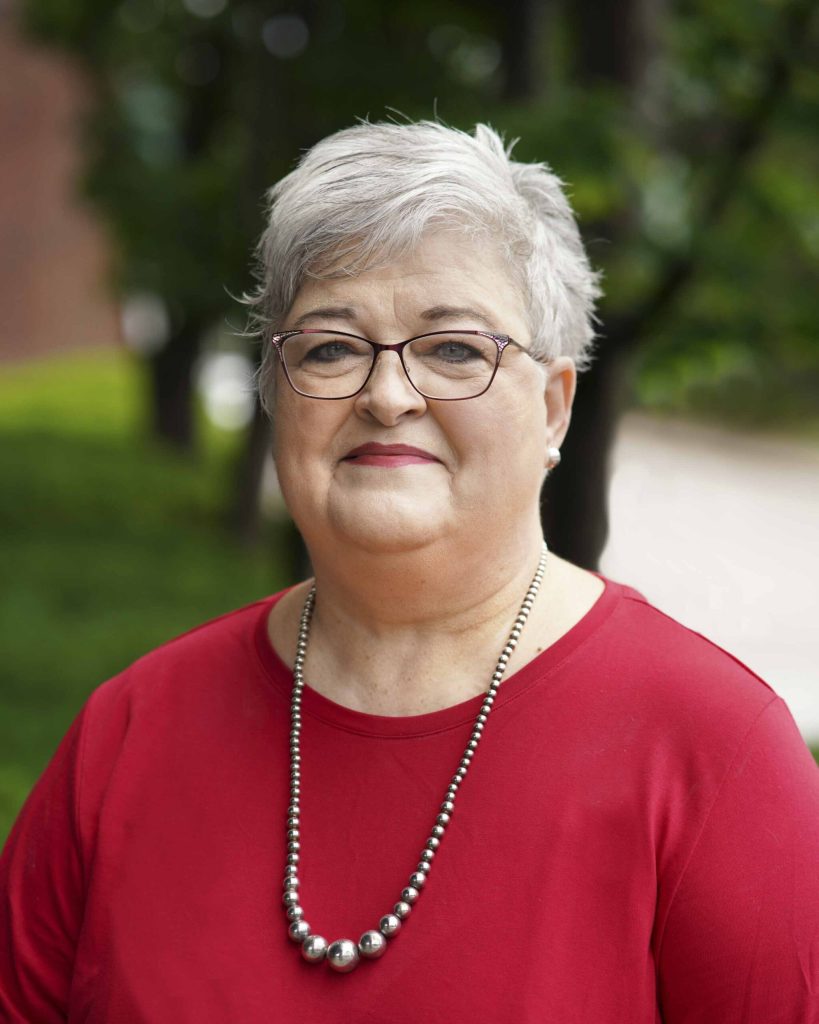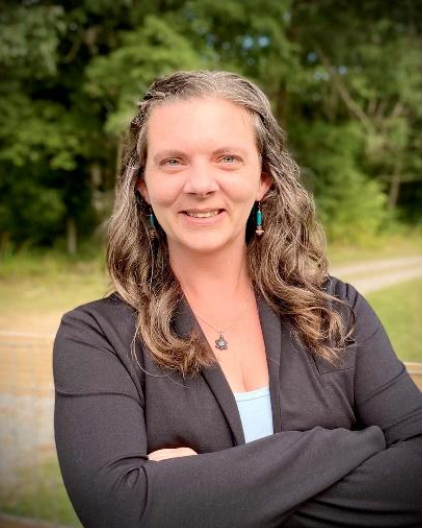Overview
The West Virginia Perinatal Partnership is committed to addressing concerns related to pregnancy complications, birth-related issues, and postpartum challenges that lead to adverse outcomes in perinatal care within West Virginia. The management of neonates with prematurity, congenital anomalies, and opioid withdrawal are areas of critical concern. Each mother and infant deserve community support with doula services, childbirth education and lactation support for optimal health. Ensuring the care and well-being of West Virginia’s mothers and infants is of paramount importance to healthcare providers, policy makers, and caregivers across the state.
Our Approach
We believe all pregnant women and their babies deserve access to the best healthcare in their communities.
Ensuring a full spectrum of affordable, high-quality perinatal care empowers women to make informed decisions about their health, improves pregnancy outcomes and strengthens communities as a whole. Explore some of our collaborative projects that are working toward that goal:

WV Rural Maternity and Obstetric Management Strategies (WV RMOMS)
Within the past five years, West Virginia has seen the closure of three hospitals, while two other hospitals permanently closed their maternity care facilities. Currently, most women and their families must drive at least 30 minutes and up to two to three hours each way to visit their maternity care provider, to access high-risk specialty care, and to give birth. According to the National Center for Health Statistics, West Virginia ranks seventh highest in cesarean delivery, fourth highest in preterm births, 10th highest for low birth weight, eighth highest for infant mortality, and 20th highest for maternal mortality.
To combat these problems, the WV RMOMS program was developed to improve the continuity of maternity care for women from preconception through pregnancy, childbirth, and postpartum in the eight rural counties of Braxton, Calhoun, Gilmer, Lewis, Nicholas, Roane, Upshur, and Webster.
Community Doula Project
A doula is a trained professional who provides continuous physical, emotional, and informational support to a mother before, during and shortly after childbirth to help her achieve the healthiest, most satisfying experience possible.
This project focuses on educating doulas, establishing, and updating an online doula registry for West Virginia, providing grand rounds for labor and delivery units; collecting data; and obtaining curriculum and educational materials for expectant mothers, providers, and childbirth educators.
RCORP – NAS WV Rural Community Opioid Response Program
Rural communities experience significantly higher rates of substance use disorder in both the general and pregnant populations while bearing disproportionate socioeconomic burdens such as low incomes and high unemployment.
West Virginia Perinatal Partnership’s RCORP NAS project, funded by the US Health Resources and Services Administration, serves women at-risk for giving birth to an infant with NAS in Greenbrier, Pocahontas, and Randolph counties. The project, which focuses on improving integrated care and care coordination, builds upon the services provided at Drug Free Moms and Babies programs located in the rural service area. WVPP leads a Consortium made up of Davis Medical Center, Greenbrier Physicians, and the West Virginia School of Osteopathic Medicine that guides the activities of the project.
Risk Appropriate Care
The West Virginia Perinatal Partnership is actively engaged in working to promote risk appropriate care for mothers and babies across the state. Designation of Levels of Care, maternal and neonatal, have been explored through the implementation of the Centers for Disease Control (CDC) LOCATe program, and work groups evaluating perinatal outcomes at all levels. Learn more about LOCATe.
In addition to this analysis of maternal outcomes, the WVPP is engaged in current work to explore preterm births in the state. Starting with the delivery of very low birth weight infants outside of tertiary care centers, and building to a larger review of preterm deliveries, the aim is to help babies be “Born in the Right Place”.



